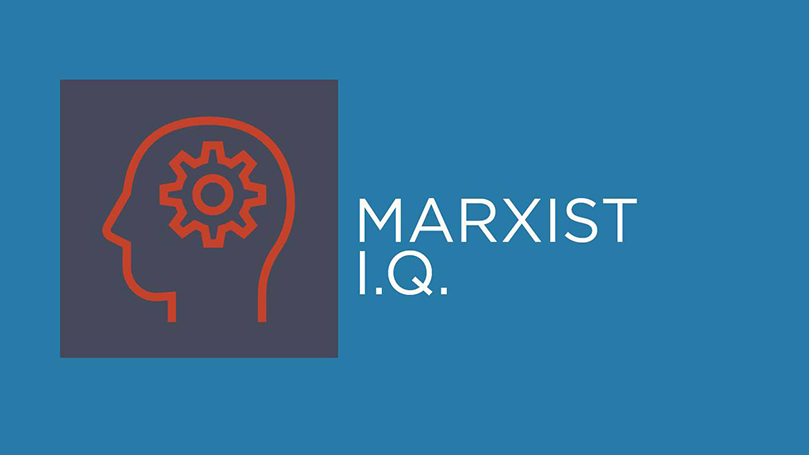
July is a month of celebrations for both the American and French Revolutions and also an important event in what eventually became the Cuban Socialist Revolution. This IQ addresses all three.
1. July 4 celebrates the Declaration of Independence in the United States. For those Marxists who follow the tradition of the CPUSA, the declaration was
a. a fake document written by a slaveholder.
b. a decisive moment in history declaring and advancing a bourgeois (capitalist) democratic and anti-colonial revolution.
c. a call to abolish the monarchy and establish a people’s government.
d. an attempt to compromise with the British empire.
2. July 14 celebrates the fall of the Bastille and the beginnings of the French Revolution. For those Marxists who follow the tradition of the CPUSA, July 14 was
a. the beginning of the French New Wave.
b. the beginning of the anarchist movement.
c. the beginning of a bourgeois (capitalist) political revolution against an absolutist monarchy and a feudal aristocratic landlord class.
d. the result of U.S. spies plotting revolution in France.
3. Cubans celebrate July 26, a historic date known for
a. the opening of the Havana Hilton.
b. the Cuban government’s signing of the North American Free Trade Agreement (NAFTA).
c. the removal of U.S. Marines from Cuba.
d. the failed 1953 uprising led by Fidel Castro against the Batista dictatorship which was a harbinger of the later successful Cuban socialist revolution.
4. Those who see revolutions in terms of straight-line victories (which Karl Marx warned against) should remember that the month of July also saw
a. the defeat in revolutionary Russia (1917) of the Bolshevik-led uprising against the provisional government.
b. the overthrow of Salvador Allende’s socialist government in Chile in 1973.
c. the overthrow of the Communist-led government of Afghanistan in 1992.
d. the establishment of the Nazi dictatorship after the Reichstag fire in 1933.
5. Tom Paine’s writings were an influential force in both the American and French revolutions, serving to mobilize masses to support the former and to defend the latter from its international enemies. In these writings Paine
a. challenged the religious and secular rationales for monarchy and aristocracy.
b. defined as universal rights what rulers then called “privileges” for elites and what conservatives today disparage as “entitlements.”
c. defended the revolutions from external and internal enemies while opposing slavery in the U.S., the terror in France, and other destructive institutions and practices of revolutionary states and societies.
d. All of the above
Answers here.
- Tags:
- Marxist IQ
- revolution


 Join Now
Join Now